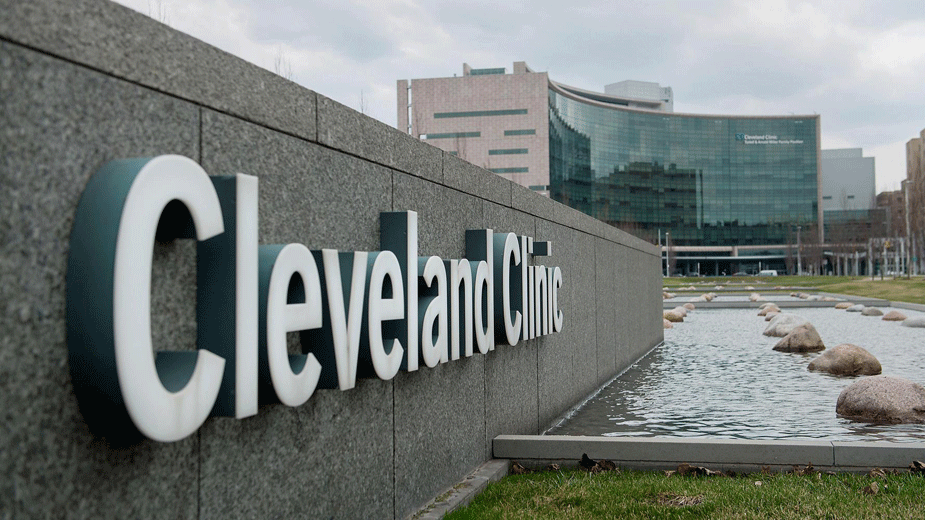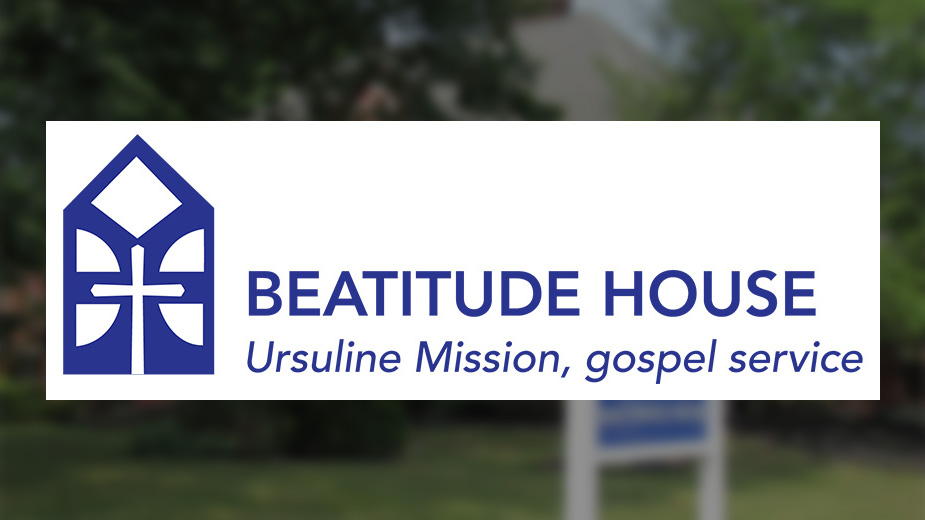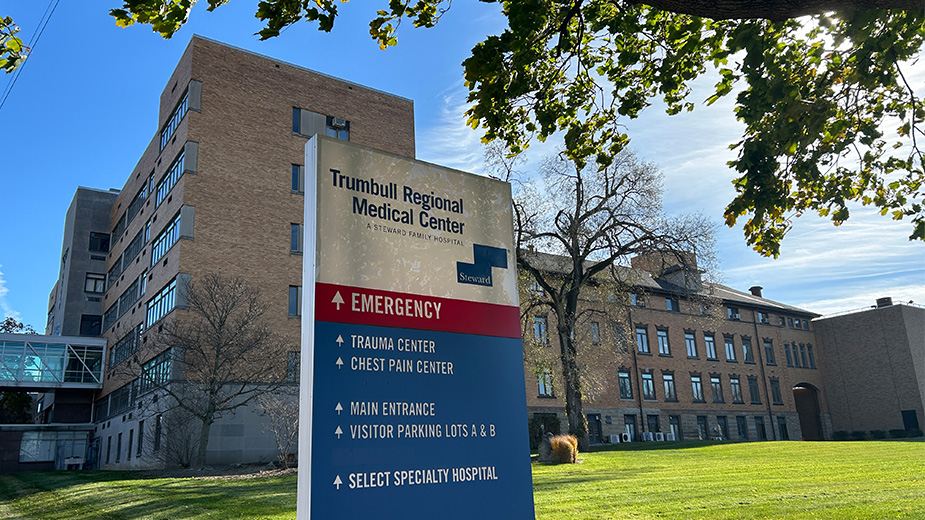Study: Industry Funds Most Patient Advocacy Groups
CLEVELAND — Patient advocacy groups – nonprofit organizations that provide counseling and education to patients and advocate for policy changes – frequently receive funding from for-profit industry, raising questions about independence and conflicts of interest, according to new research from the Cleveland Clinic.
In a national survey of 439 patient advocacy groups, a team of researchers led by Cleveland Clinic bioethicist Susannah Rose, Ph.D., found that 67% receive funding from for-profit companies, with 12% receiving over half of their funding from industry. The research is published in the Jan. 17 issue of the Journal of the American Medical Association (Internal Medicine.)
“Although the amounts are generally modest, increased transparency efforts and improved policies are needed to ensure that these influential groups are not conflicted in their missions to advocate for the needs of the people they represent – people who suffer from significant life-threatening and life-altering diseases,” Rose said. “Furthermore, many of our survey respondents reported a need to improve their conflict-of-interest policies to help maintain public trust.”
Patient advocacy groups have wide-ranging influence, including counseling and educating patients and their loved ones, engaging in policy advocacy, promoting disease awareness, and shaping research agendas.
The survey asked patients groups about the nature of their activities, their financial relationships with industry, and the perceived effectiveness of their conflict-of-interest policies. Sixty-six percent (289) of the patient groups replied, varying widely in terms of size, funding, activities and disease focus.
More than two-thirds of these groups reported receiving industry funding. The groups’ median revenue was $299,000, with a median of $50,000 received from industry. Almost 9% of the groups received $1 million or more from industry. Among those patient advocacy groups that acknowledged receiving industry support, the pharmaceutical, medical device and biotechnology sector accounted for a median of 45% of industry funding.
In addition, 82% of respondents indicated that conflicts of interest are “very” or “moderately” relevant to patient advocacy groups, and 55% believed their organizations’ COI policies are “very good.” Still, 8% of patient advocacy group leaders perceived pressure to conform their positions to the interests of corporate donors.
Research contributors included: Cleveland Clinic’s Department of Bioethics, Office of Patient Experience, and Department of Quantitative Health Sciences; the University of Pennsylvania’s Perelman School of Medicine; and the University of Chicago’s Harris School of Public Policy.
SOURCE: Cleveland Clinic
Copyright 2024 The Business Journal, Youngstown, Ohio.



